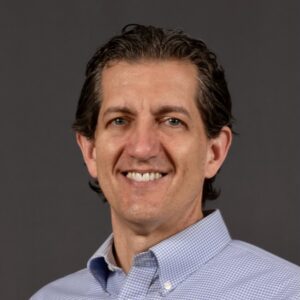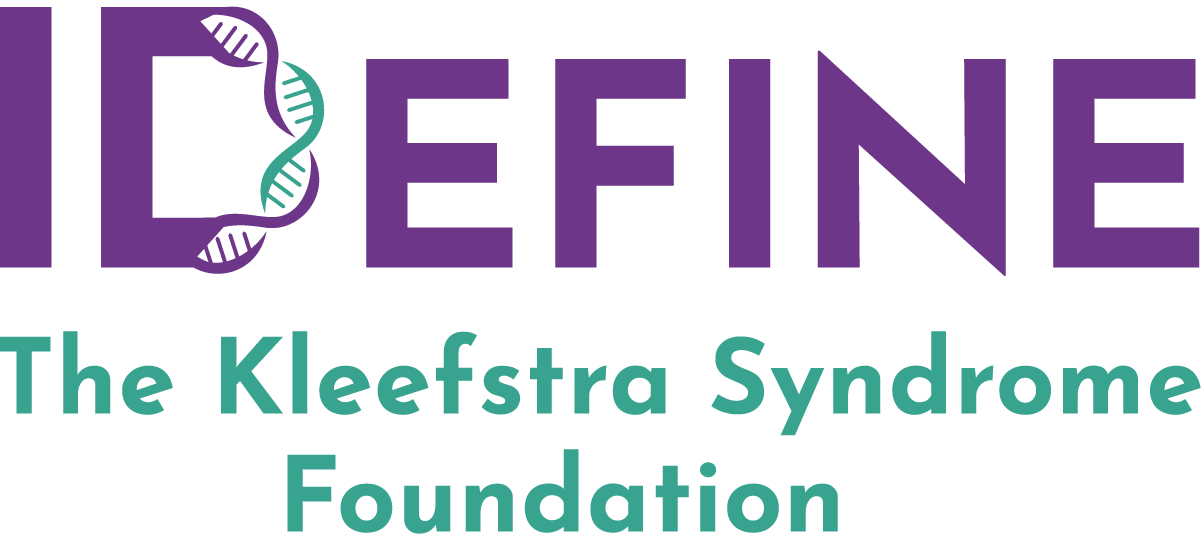CSO Corner Volume 7: On Finding Out (and a Call to Action!)

Hello fellow members of our KS family!
For this newsletter, I’d like to talk about the importance of getting a diagnosis, and tell you about an exciting project to improve diagnosis for the families that come after us. It is called Project FIND-OUT. I’m delighted to be a member of the expert advisory panel for this project, and we need your help. So, please read on:
There is a good chance you are reading this because someone you care about has been diagnosed with Kleefstra Syndrome (KS). If so, you can recall what it was like before you got that diagnosis. So many unanswered questions, so many blind alleys, so much doubt. And then, at last: a diagnosis, you finally got to find out what was happening, and it changed everything…

As I’ve discussed previously, KS, as well as other genetic neurodevelopmental disorders (NDDs) are severely underdiagnosed. We know for a fact there are many people with KS still out there who don’t yet have a diagnosis, and therefore haven’t been able to join our community.
Many kids still are not getting the appropriate testing, or are getting it way too late. This puts them and their families through a tremendous amount of strain, and can even lead to unnecessary tests and medical procedures. A recent study by the EveryLife foundation found that this “diagnostic odyssey” in rare disease is also extremely costly for society, leading to an average cost of $220K per patient in avoidable medical bills and other societal costs.
Why is this happening? It’s because we have not yet established early, comprehensive genetic testing as the clinical standard of care for all patients showing signs of an NDD at an early age. To do that, we need a well-organized and structured study to prove the value of genetic testing in shortening the diagnostic odyssey in NDDs.
Enter Project FIND-OUT. This project aims to test 1000 babies (aged 3-12 months) who are showing potential signs of an NDD very early, using whole genome sequencing (the most comprehensive genetic test currently available). Babies can qualify for the study if they show two or more symptoms, such as low tone or feeding issues. The study will then assess the outcome, such as how many babies were able to get a genetic diagnosis from the test, and the benefits they received if they got a diagnosis.
Even better, there is no cost for a patient to participate. So 1000 babies will get a chance for an early diagnosis that might not have otherwise been affordable or covered by insurance, and we as a rare disease community will be able to better understand the value of early genetic testing for all at-risk kids going forward. We may even find more members of our KS family in the process. Win-win-win.
You may be thinking: “That sounds like a great idea, I wonder if I could help somehow?” Good news: you can! Project FIND-OUT is now open for enrollment, but to succeed, it needs patients to actually enroll. There is a risk that in that hectic first year of life, patients won’t get into the study.
Here is what you can do, and I hope you’ll do it today: If your loved one with KS is seeing a pediatrician, reach out to that doctor and spread the word. They likely will see many babies that would qualify. There is a flyer attached to this article presenting the project to doctors and providing all the needed info. You can send it though your electronic communication portal, if available, or print it and bring it to your next appointment. Also, ask them to pass this information on to other doctors. Alternately, you can share this link to the physician portal if that is easier. If we all do this, we can get the word to spread through the medical community (one note: enrollment is only open to babies within the USA for this study).
One other important thing: Parents can also self-refer their babies, so if you know a family that might benefit, send them to the family portal for more information.
I hope you can help us push this exciting project forward!
Until next time,
Eric Scheeff, PhD
IDefine Chief Scientific Officer

